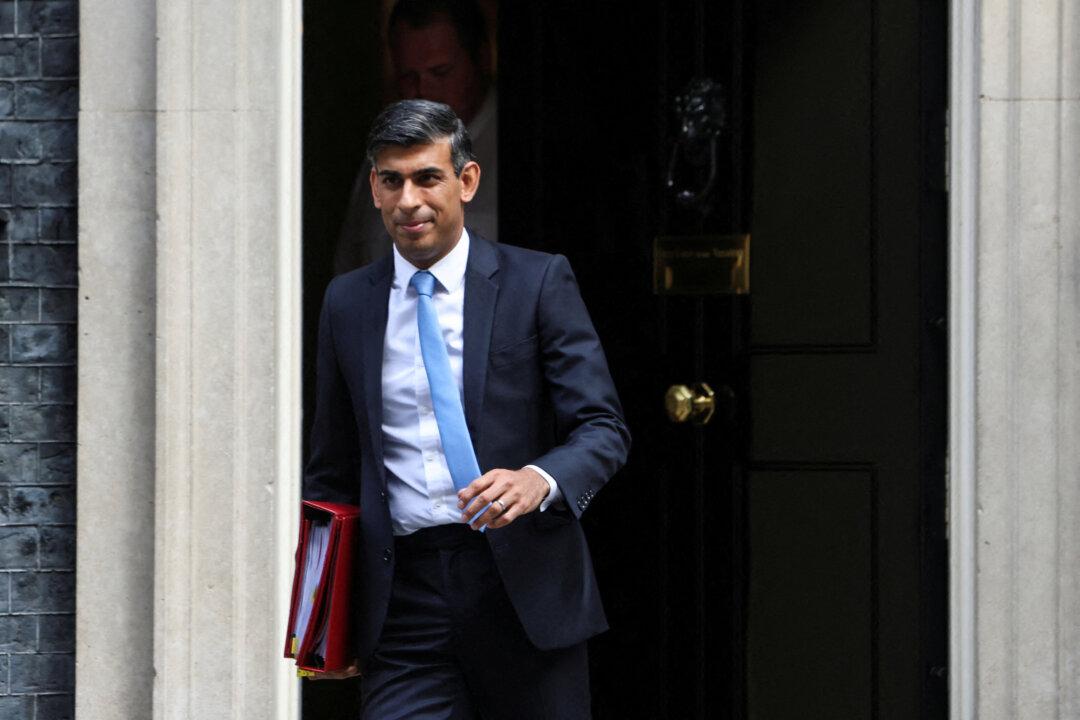Tory MPs have called into question a pledge of £1.62 billion to the Green Climate Fund, made by Prime Minister Rishi Sunak during the G20 summit, in India last week.
The funding was pledged with the aim of assisting vulnerable regions in coping with the effects of climate change. Critics argue that this allocation of resources could have been better spent domestically, addressing issues such as special needs education, healthcare, and housing.





